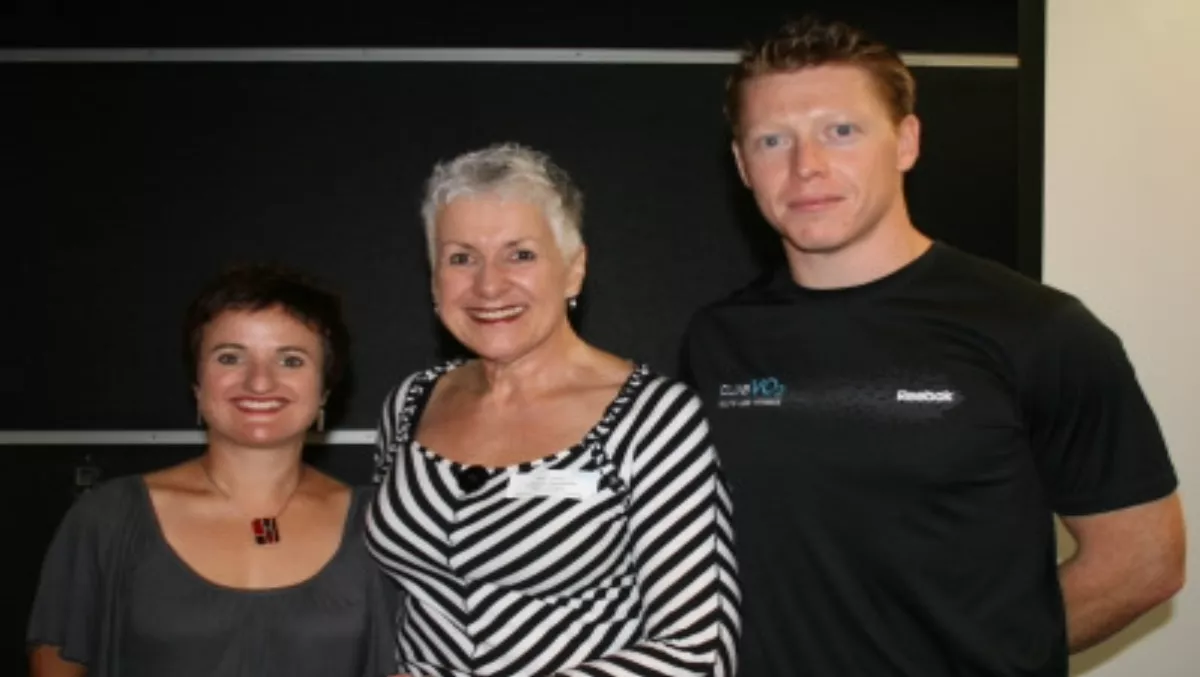
Recession is over but contact centres may not be in the clear
2009 was not a good year for contact centres,with managers squeaking by with flat budgets, minimal staff and the constant -and much dreaded - refrain from upper management to “do more with less.”
But at the first Contact Centre Institute of NewZealand’s (CCiNZ) breakfast for 2010, there was a renewed sense of vigour.Attended by around 60 managers, the topic was 'Wellness', which is, as MercuryEnergy contact centre manager Ruth Turnbull put it “really another word forabsenteeism".
Turnbull has engaged a local gym and life coachto create a fitness programme for her contact centre, which she says will befunded out of the contact centre’s training budget. It consists of twohalf-hourly training sessions, a semi-tailored fitness and nutritional programfor each staff member (they will need to come up with five personal goals) along with information and incentives for achieving it.
Greg Over, from Club CV02, who has helpeddeveloped the programme and who works with corporates says it can be hard workconvincing the Chief Financial Officer to put budget towards healthand fitness, especially in the lean times.“People don’t want to see those that stay in their jobs being paidsubsidies for gym memberships when they are the ones losing their jobs. Socorporate wellness became very unpopular last year during the 'Big R' and we’reover that now, we’ve done it and we’ve come through it. So now is the time to readdress that with upper level management. Put it back on the table,” he urged.
But contact centre managers should also bemindful that many corporate CFOs may, according to another industry vendor, be looking at ways to cut costs in the centre - such as by offshoringroutine calls. Salmat general manager for speech solutions AlanAlcock says that offshoring can save a company up to 50% on the cost of runninga contact centre.
“It would be hard to find too many largebusinesses that aren’t talking or aren’t investigating offshoring,” saysAlcock. “There’s a place for it; in fact you could argue that it’s positive forthe New Zealand contact centre business, in the sense of taking calls that canbe offshored and retaining the calls that are complex and too expensive here.”
Salmat has afoot in both camps - it runs outsourced contact centres in New Zealand, witharound 700 agents located in centres in Auckland. The company is also a pioneerin employing agents from home (it has about 40 on the books at the moment andAlcock raves about how efficient they are). In Australia, Salmat’s outsourcedcentres employ over 4000 agents and it also has 200 agents in Kuala Lumpur. Inaddition, late last year Salmat opened a ‘state of the art’ centre in Manila inthe Philippines, with its first client the American whiteware manufacturerWhirlpool.
Pictured (from left to right):Hayley Nicholls, Ruth Turnbull and Greg Olver at today’s CCiNZ breakfast in Auckland.

